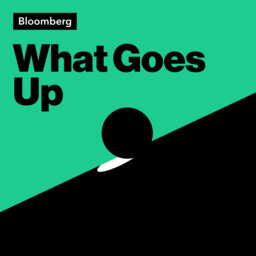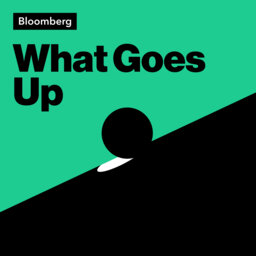‘Flight to Crap’
Extraordinary loose monetary policy has led to what Interactive Brokers Chief Strategist Steve Sosnick calls a “flight to crap,” or investor interest in the most-speculative corners of financial markets. He discusses how the likely reduction in bond purchases by the Federal Reserve could affect those investments. He also shares his thoughts on how algorithmic trading strategies interact with meme stocks and delves into other market topics.
Mentioned in this podcast:
Powell Says Taper Could Start in 2021, With No Rush on Rate Hike
U.S. Stocks Rise on Powell’s Dovish Taper Tone: Markets Wrap
What’s a Taper, and Why Is the Fed So Focused on One?
Wall Street During the Pandemic: The Impossible Is Now Commonplace
Support.com Surges 400% in Meme Army’s New Short-Squeeze Attack
 What Goes Up
What Goes Up


